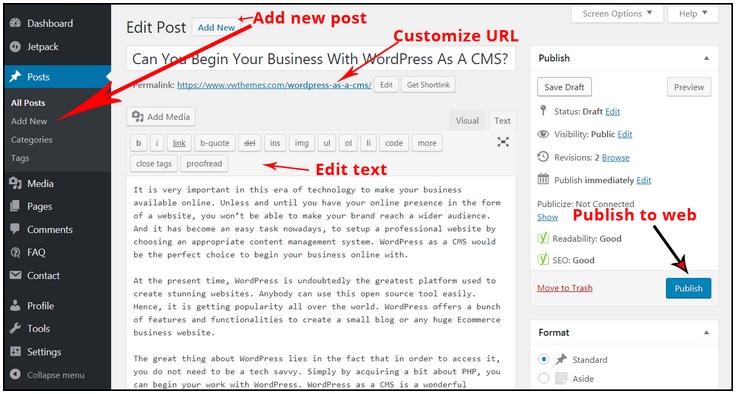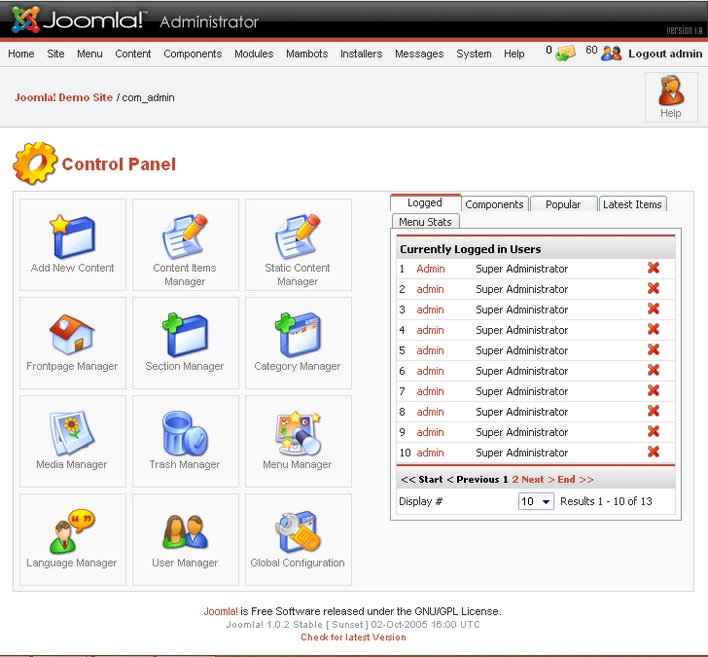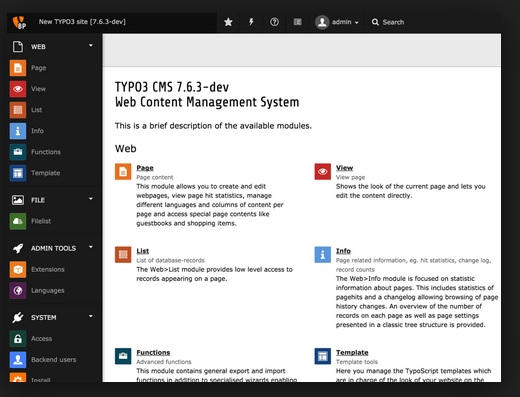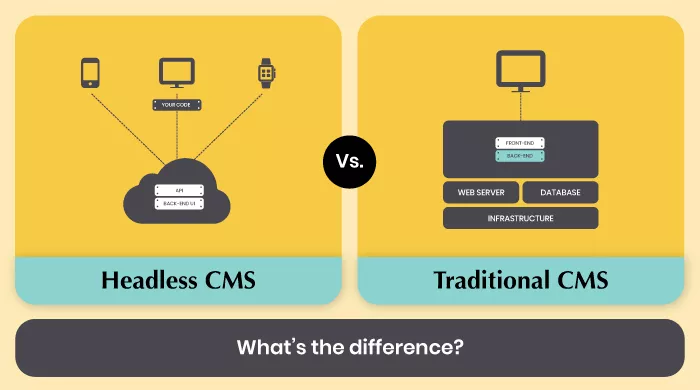Nearly 2 billion websites exist today on the World Wide Web and 56% of them entirely rely on Content Management Systems (CMS) – the software programs that enable you to create, edit, publish, manage and maintain website pages and blogs on a single interface.
Web Content Management and Enterprise Content Management are two different divisions of CMS tools. A wide variety of CMS tools support such kinds of systems to take a website active with the required information on the web. Website authoring, collaboration, and administration tools are the content management systemsoffered by software development companies today.
Other than editing and managing content using advanced tools, the best Content Management toolsalso allow you to perform functions such as indexing, search and retrieval, publishing, revision control, and format management.
As shared by the experts, “When you have access to your website content with a CMS system, it allows you to retain control when your web developer is out-of-pocket.”
This proves the growing importance of CMS.
List of Best Free and Open Source Content Management Solutions
After discussing how well you can go with using open source and free CMS System for your enterprise requirements, here I am going to present a list of some of the leading free and open source CMS Software. You can check them and rely on them after selecting the best for your business requirements.
Now, let us discuss them all in detail.
1. WordPress
WordPress is one of the leading and most popular free and open source Content Management software solutions with an undefeatable market share of 59.90%. It is most famous among bloggers, but also supports other types of web content and their management. The actual release date of WordPress CMS is May 27, 2003. It is written in PHP and operated on UNIX-like, Windows, and Linux operating systems. It is Blog software, CMS, Content Management Framework, licensed as per GPLv2+ and its stable version is 5.1.

(Source: WordPress)
Features:
- WordPress is known well as a factory that makes web pages.
- The responsive-design feature is well-supported by the end number of themes, templates, and layouts from WordPress.
- It helps you incorporate social media into the theme so that your contents reach a maximum number of audiences.
- Multiple page styles and plenty of widgets.
- Theme customization with pre-designed themes helps in putting a site together easily and quickly.
- All-in-One-SEO pack is a No#1 plug-in supported by WordPress.
- HD and Retina Display feature enables the visuals and images to look much better than ever.
2. Joomla
With a market share of 6.60%, Joomla is the second most preferred open source CMS tool that works on the model–view–controller web application framework. This software program is written in PHP, supports object-oriented programming (OOP), and operates on cross-platform networks. It is a Content Management Framework, CMS which holds the license as per GPLv2. Its actual release date is August 17, 2005, and the stable version is 3.9.3.

(Source: Joomla)
Features:
- Joomla is perfect multilingual software (over 40 languages) for content management and content versioning.
- Using Joomla under GPL is free.
- It supports out-of-the-box SEO and SEF.
- The software is flexible to make a blog, community website, business website, and an intranet.
- Extensions are available with Joomla to extend website functionality.
- You can create as many menus and menu items as you need.
- It facilitates cache management as well.
3. Typo3
Along with WordPress, and Joomla, TYPO3 is another most popular free and open source content management platform written in PHP. It comprises 1.50% of the total market share, works on cross-platform operating systems, is available in 51 languages, and is licensed as per GNU General Public License. The software was initially released in the year 2008 and its stable version 9.5.0 release date is October 2, 2018.

(Source: TYPO3)
Features:
- TYPO3 facilitates more than 5000 extensions to download from a repository called the TYPO3 Extension Repository or TER.
- TYPO3 software can run on most HTTP servers like Apache or IIS along with Linux, Microsoft Windows, or Mac OS.
- It supports PHP 5.3 or newer and all relational databases supported by TYPO3 DBAL; for example, PostgreSQL, Oracle, and MySQL.
- The backend of the software displays using JavaScript on any modern browser.
- No browser restrictions prevail here to display user-oriented content generated by TYPO3.
Conclusion:
Open Source CMS platforms are undoubtedly supported by digital transformation tools today. Managing content has not just remained up to simple editing stuff. It has become the most critical part of the full customer lifecycle that underpins the entire digital experience of a brand including social media, apps, etc.
In the entire enterprise space, open source content management is growing as a progressive player. Reports indicate that nearly 64% of the companies rely on open source content management solutions and 93% of them have affirmed that the usage of open source tools in their organization has increased in comparison to the previous year. However, out of all, 87% of the organizations agree upon the fact that this digital transformation is providing a competitive opportunity for them to grow in the market. The market for CMS software solutions is improving more than ever, and it is expected to rise massively in the future as well.
Also, it is said that “If you don't have an easy to use CMS for your website, you're just not going to publish as much content. There's too much of a hurdle in your way".



